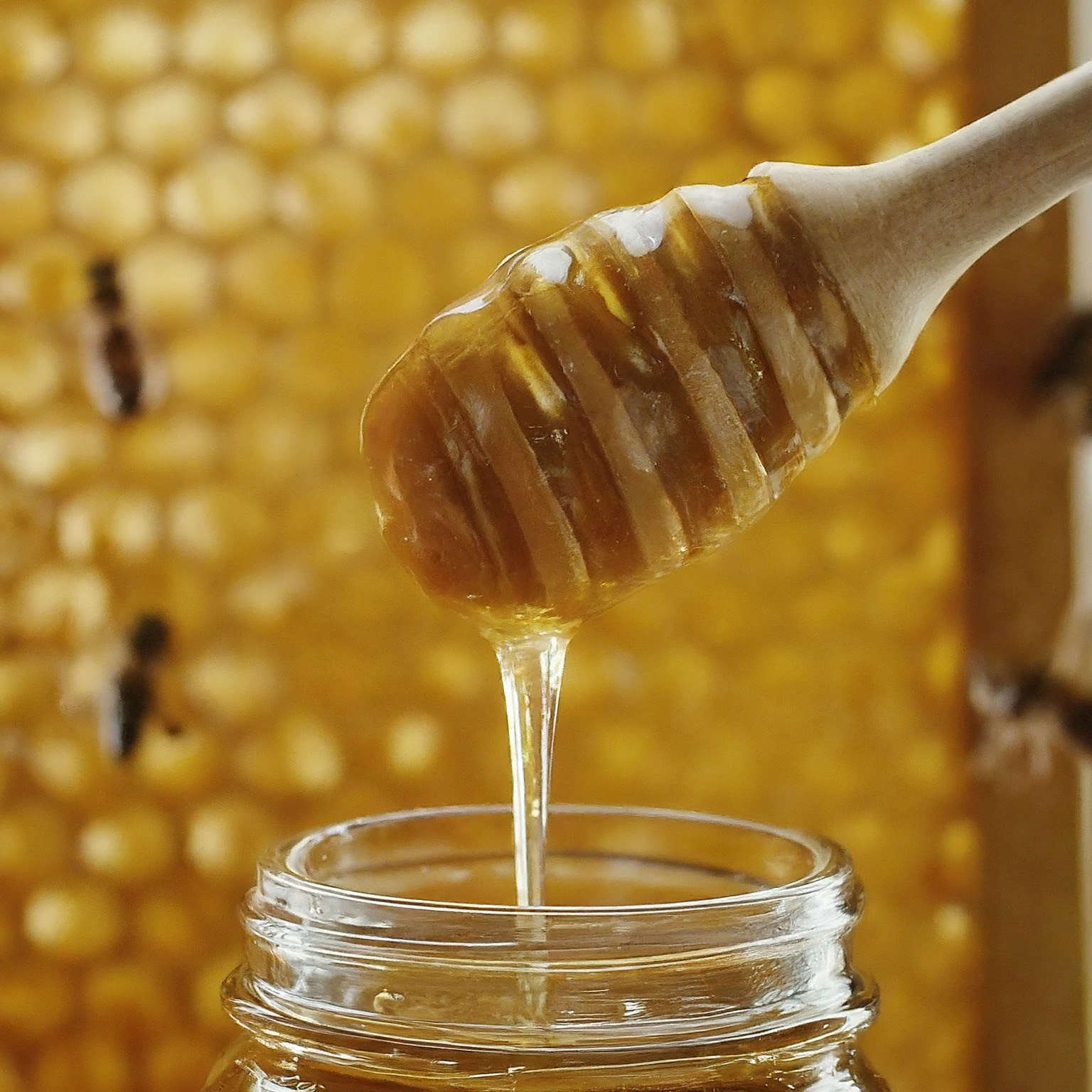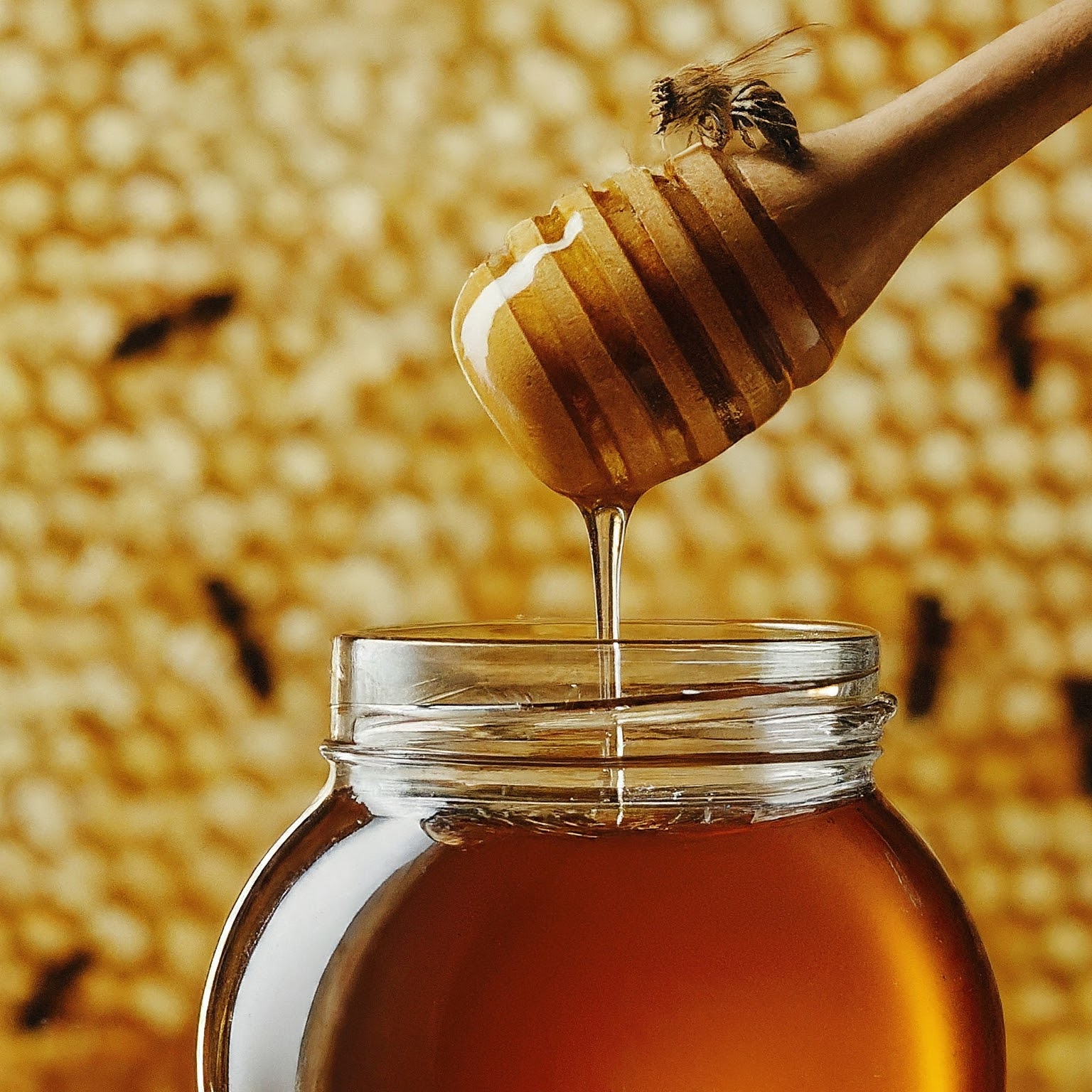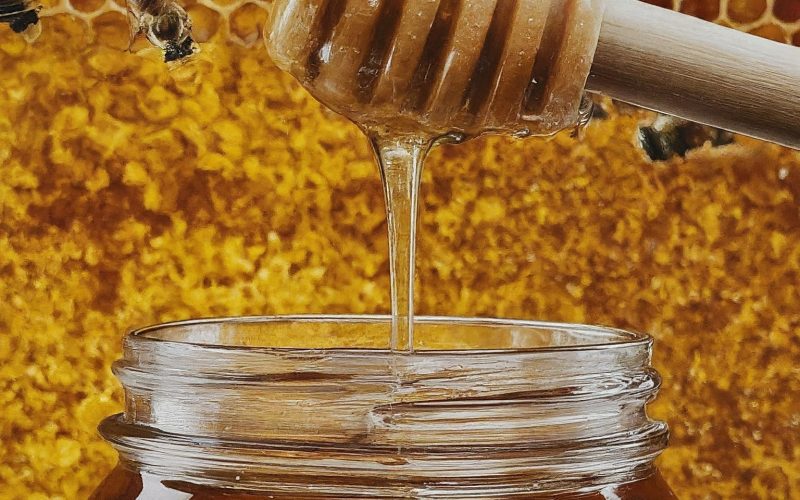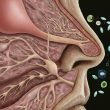Introducing the Bee Whisperer
I’m Amelia, a bee enthusiast with a lifelong fascination for these incredible creatures and the treasures they produce. From childhood backyard beehives to in-depth studies on beekeeping and honey production, my journey has been a delicious exploration of the world of honey. Today, I’m thrilled to share with you the remarkable story of honey – a gift from nature that defies spoilage and holds a special place in history, science, and of course, our kitchens!
Unveiling the Mystery: Why Honey Never Spoils
Honey’s ability to seemingly defy time has captivated humans for millennia. Unlike most foods, honey boasts an almost mythical shelf life. But what’s the secret behind this golden nectar’s eternal youth? The answer lies in a fascinating interplay of science and the ingenious actions of bees.

Honey’s Key Ingredients for Immortality
| Factor | Explanation |
|---|---|
| Low Moisture Content | Bees work tirelessly to evaporate excess water from nectar, creating a concentrated syrup with low water activity. This inhospitable environment discourages the growth of bacteria and other microbes that cause spoilage. |
| High Acidity | Honey’s natural acidity, with a pH level ranging from 3 to 4.5, further inhibits the growth of harmful bacteria. This acidic environment acts as a natural preservative. |
| Natural Antimicrobials | Bees add an enzyme called glucose oxidase to the nectar while processing it into honey. This enzyme produces hydrogen peroxide, a natural antimicrobial agent that combats unwanted microbes. |
A Timeless Journey: Honey Through History
Honey’s unique properties haven’t gone unnoticed throughout history. From ancient Egyptians using it for medicinal purposes to its role as a sweetener and food preservative across civilizations, honey has left its mark on the culinary and cultural landscape.
-
Archaeological Evidence: Evidence of honey consumption dates back to prehistoric times. The oldest known edible honey was discovered in an Egyptian tomb estimated to be over 3,000 years old!
-
Honey as Medicine: Ancient civilizations used honey for wound healing, sore throats, and even as a topical antiseptic. Honey’s antibacterial properties were recognized long before the advent of modern medicine.
-
A Symbol of Sweetness and Prosperity: Throughout history, honey has symbolized wealth, fertility, and good health. Many cultures incorporated honey in religious ceremonies and offerings.

The Science Behind the Sweetness: Honey’s Composition
Honey is a complex blend of natural sugars, minerals, enzymes, and antioxidants. The specific composition varies depending on the floral source the bees collect nectar from. However, some key components contribute to honey’s unique properties:
-
Fructose and Glucose: These simple sugars make honey naturally sweet, eliminating the need for added sugars in many recipes.
-
Minerals and Enzymes: Honey contains a small amount of minerals like calcium, potassium, and magnesium. Additionally, the enzymes added by bees during processing contribute to honey’s potential health benefits.
-
Antioxidants: Honey boasts various antioxidants that may help combat free radicals and contribute to overall health.
A Culinary Delight: Exploring Honey’s Uses
Honey’s versatility extends far beyond its ability to sweeten tea. Here are some delicious ways to incorporate this golden nectar into your daily life:
-
Natural Sweetener: Replace refined sugar in your baking and beverages with honey for a touch of natural sweetness and added depth of flavor.
-
Glazes and Marinades: Honey’s ability to caramelize makes it perfect for creating mouthwatering glazes for meats and vegetables. It also adds a sweet and savory twist to marinades.
-
Topical Applications: Honey’s antibacterial properties make it a popular ingredient in DIY skincare recipes. However, consult a healthcare professional before using honey topically.
Conclusion: A Sweet Legacy
Honey is more than just a delicious treat. It’s a testament to the incredible work of bees, a symbol of nature’s ingenuity, and a window into our cultural and historical past. So, the next time you drizzle honey on your toast or stir it into your tea, take a moment to appreciate this unique gift from the bees – a never-spoiling treasure that continues to delight our taste buds and enrich our lives.











